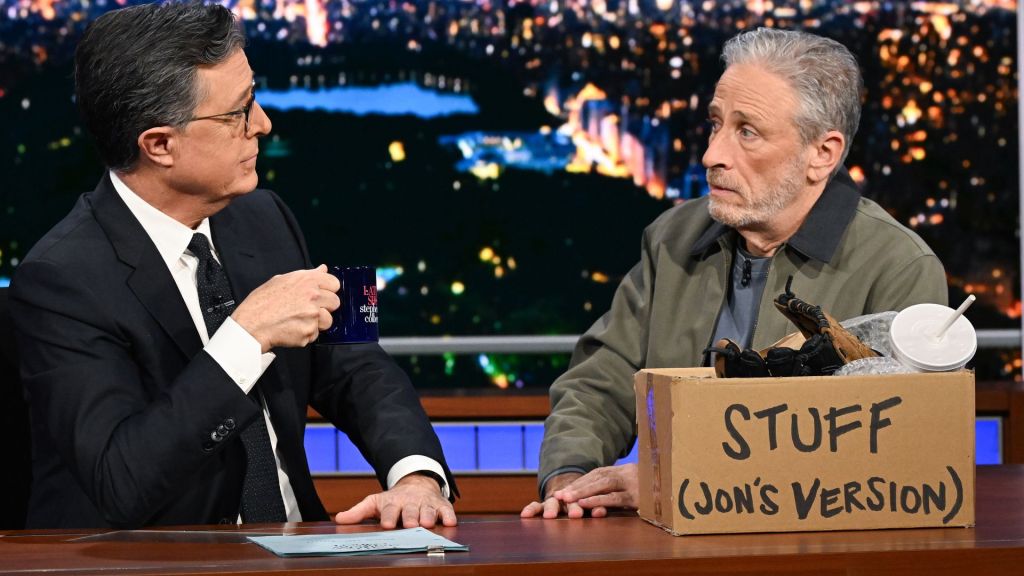
[KARAH RUCKER]
911 SERVICES WERE RESTORED WEDNESDAY NIGHT IN SOUTH DAKOTA, NEBRASKA, NEVADA, AND TEXAS AFTER MAJOR OUTAGES LEFT CALL CENTERS UNREACHABLE FOR MANY COUNTIES.
WHILE THE EXACT CAUSE OF THE FAILURE HAS NOT BEEN IDENTIFIED, THE DEPARTMENT OF HOMELAND SECURITY HAS HIGHLIGHTED THE INCREASING RISKS OF CYBERATTACKS ON DIGITAL 911 SYSTEMS.
IN DEL RIO, TEXAS, THE ISSUE WAS LINKED TO A MAJOR CELLULAR CARRIER. AUTHORITIES CONFIRMED THAT DISRUPTED-SERVICES IN LAS VEGAS AND OTHER CITIES HAVE RESUMED, AND ALL MISSED EMERGENCY CALLS HAVE BEEN RETURNED.
THE TRANSPORTATION DEPARTMENT’S OFFICE OF EMERGENCY MEDICAL SERVICES AND THE FEDERAL COMMUNICATIONS COMMISSION HAVE YET TO COMMENT ON THE OUTAGES.










